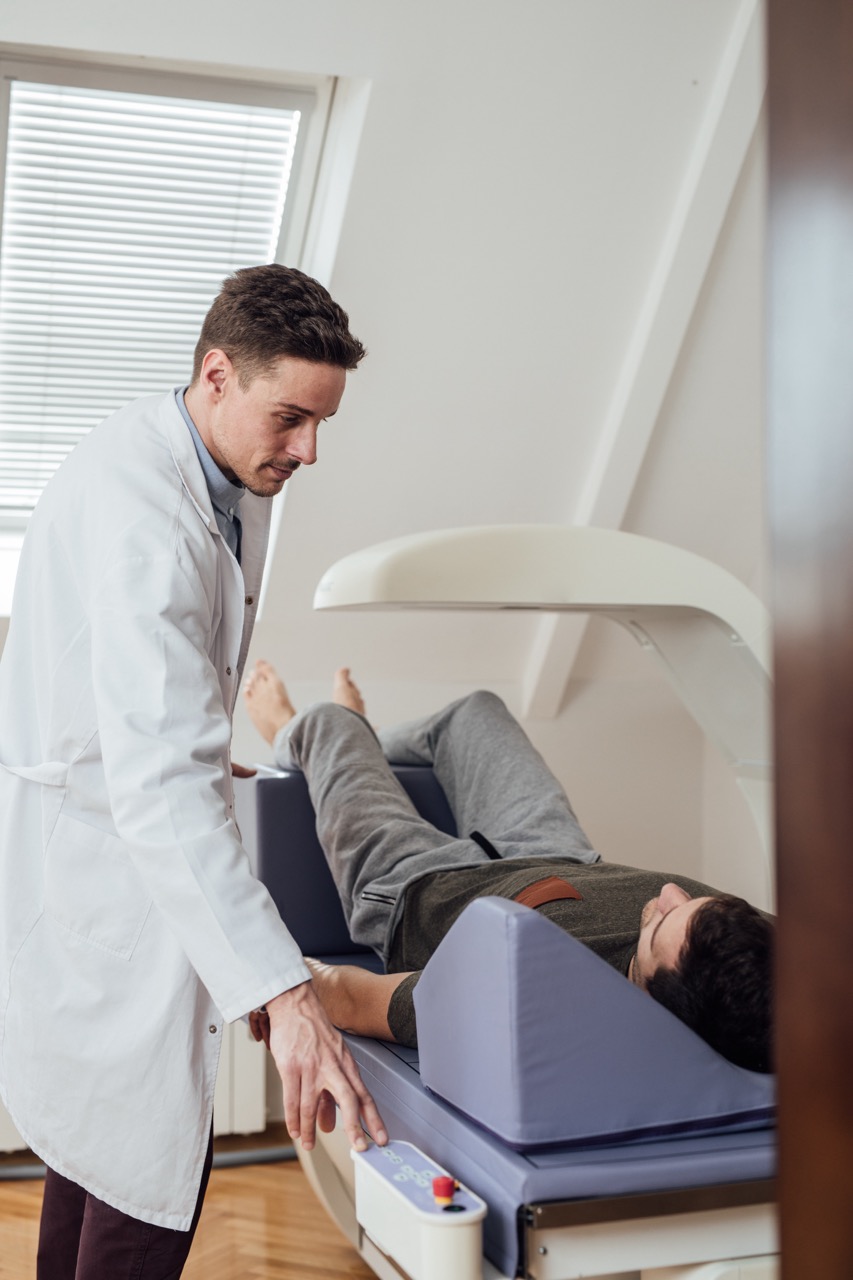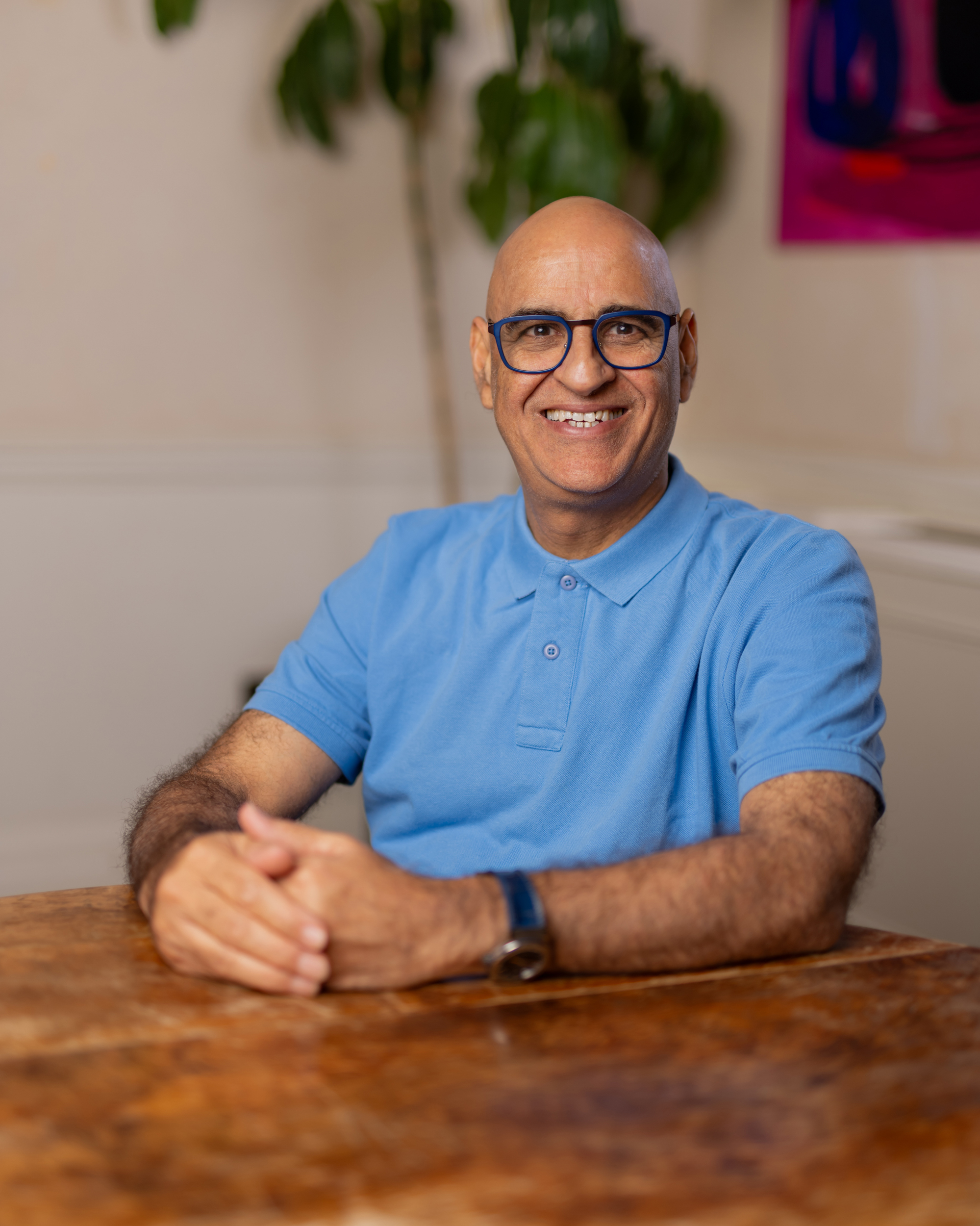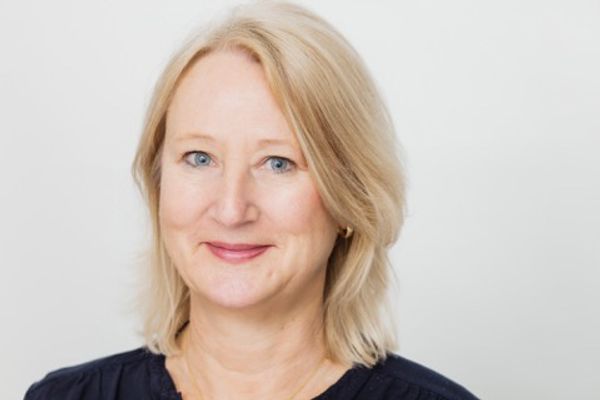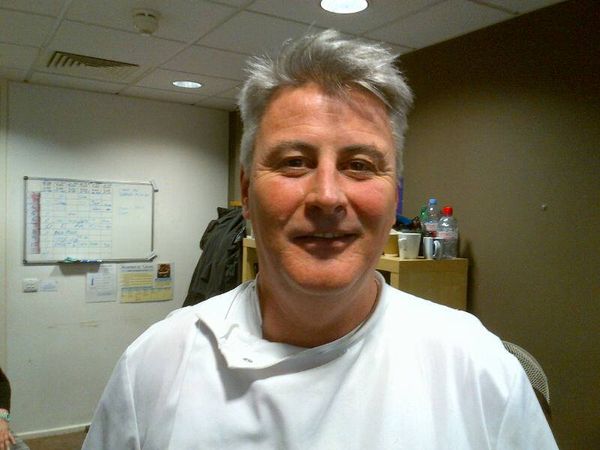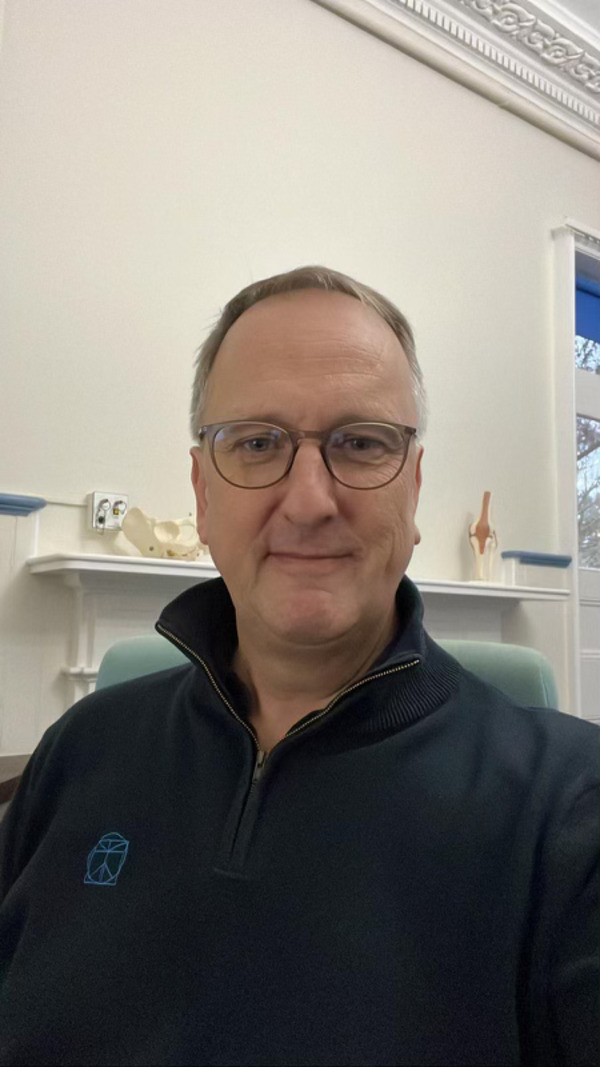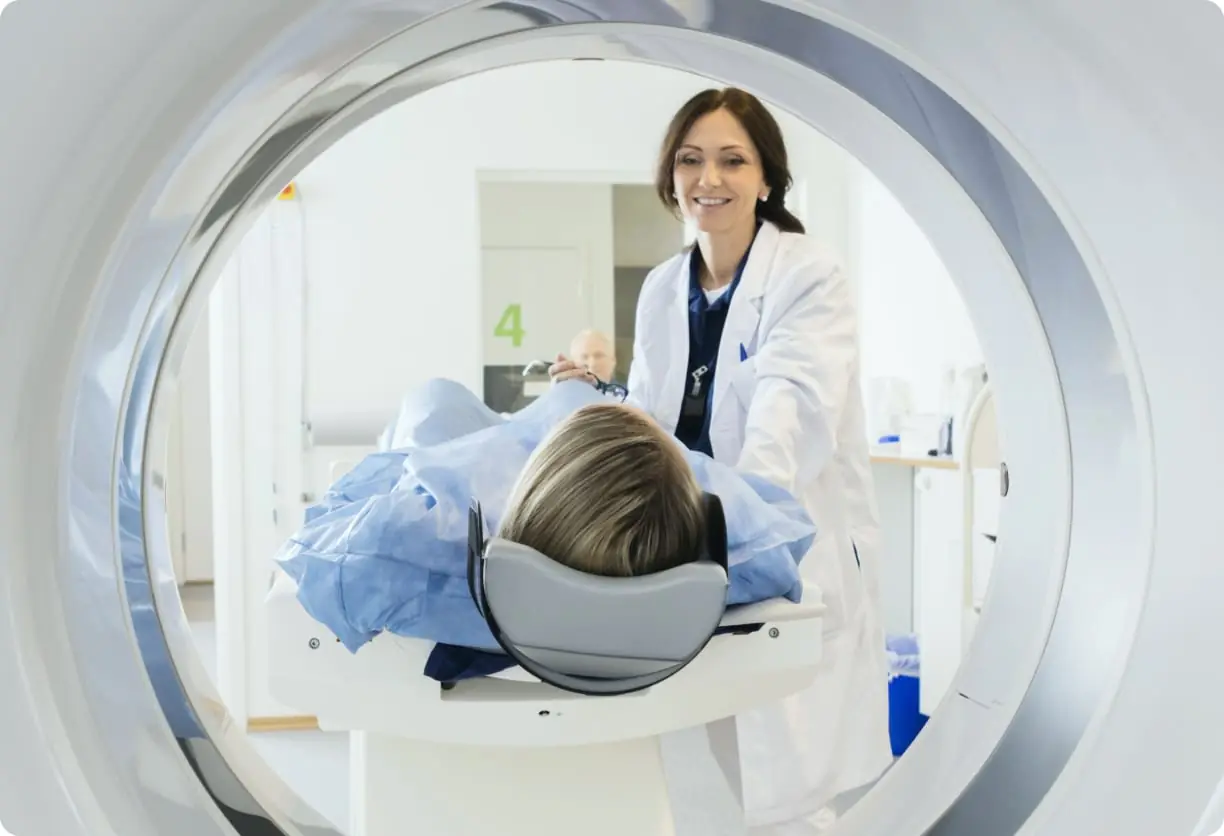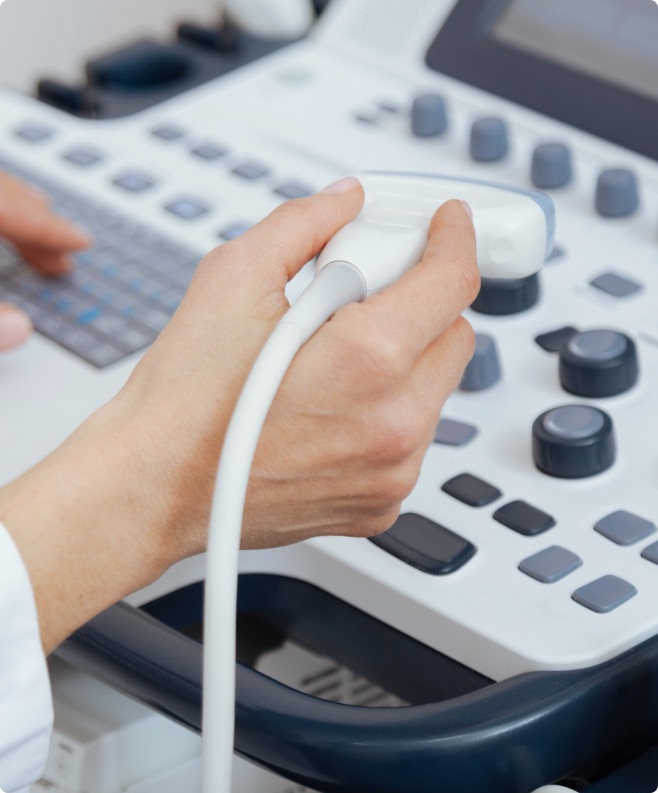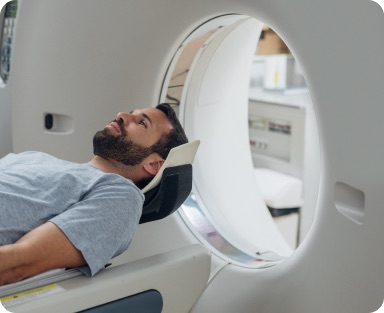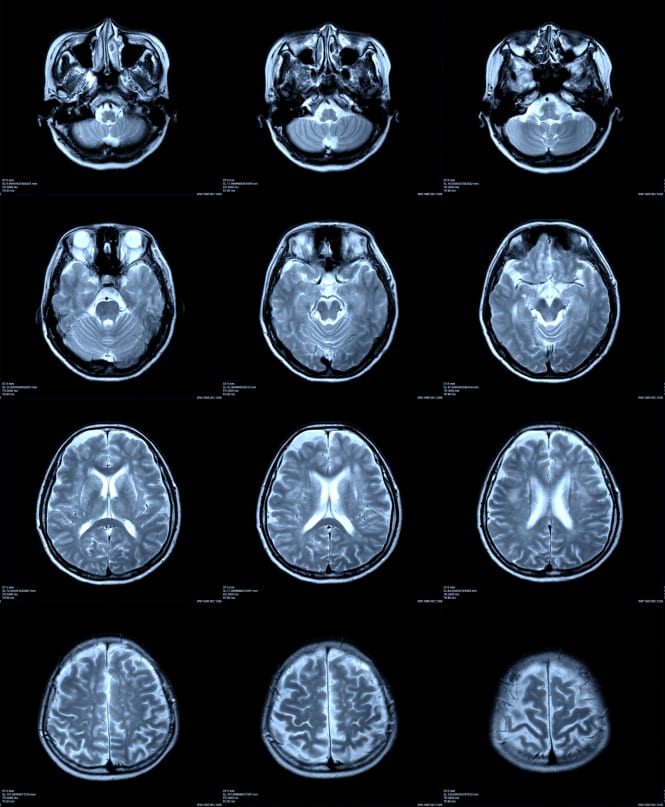A Dual-energy X-ray absorptiometry scan (also known as a bone densitometry, DEXA or DXA scan) is a low-dose form of an X-ray. It is used to check the density (strength) of your bones to assess your risk of osteoporosis, a condition which can cause bone weakness or bone loss, making you prone to breaks and fractures. It is most commonly carried out on the spine or hip, but other body areas may be included.
Spine
The spine is checked for bone weakness and bone thinning. Your legs will be supported on a padded box, which lets your pelvis and lower spine (lumbar) lie flat.
Hip
The hip is scanned as it has a higher break and fracture risk from osteoporosis. Your foot will be positioned in a brace or strap to rotate the hip inward for imaging.
Forearm, hand or wrist
Your forearm may be scanned if you have a hip replacement, or cannot lie flat for a spine scan. The same machine or smaller peripheral devices may be used on the hand, wrist or forearm.
Whole body
DEXA scans can be used in research to measure the composition of fat, lean soft tissue, and bone mineral density of your whole body, but is rarely used on patients in clinical settings.
